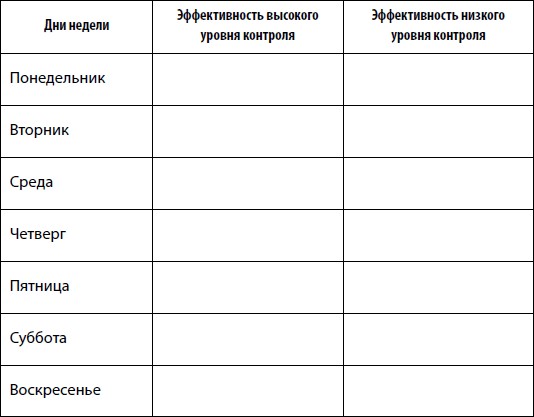Книга Эффект позитива: простые навыки КПТ для преобразования тревоги и негатива в оптимизм и надежду - Дэн Томасуло
Читать книгу Эффект позитива: простые навыки КПТ для преобразования тревоги и негатива в оптимизм и надежду - Дэн Томасуло полностью.
Шрифт:
-
+
Интервал:
-
+
Закладка:
Сделать
Перейти на страницу:
Перейти на страницу:
Книги схожие с книгой «Эффект позитива: простые навыки КПТ для преобразования тревоги и негатива в оптимизм и надежду - Дэн Томасуло» от автора - Дэн Томасуло:
Комментарии и отзывы (0) к книге "Эффект позитива: простые навыки КПТ для преобразования тревоги и негатива в оптимизм и надежду - Дэн Томасуло"








